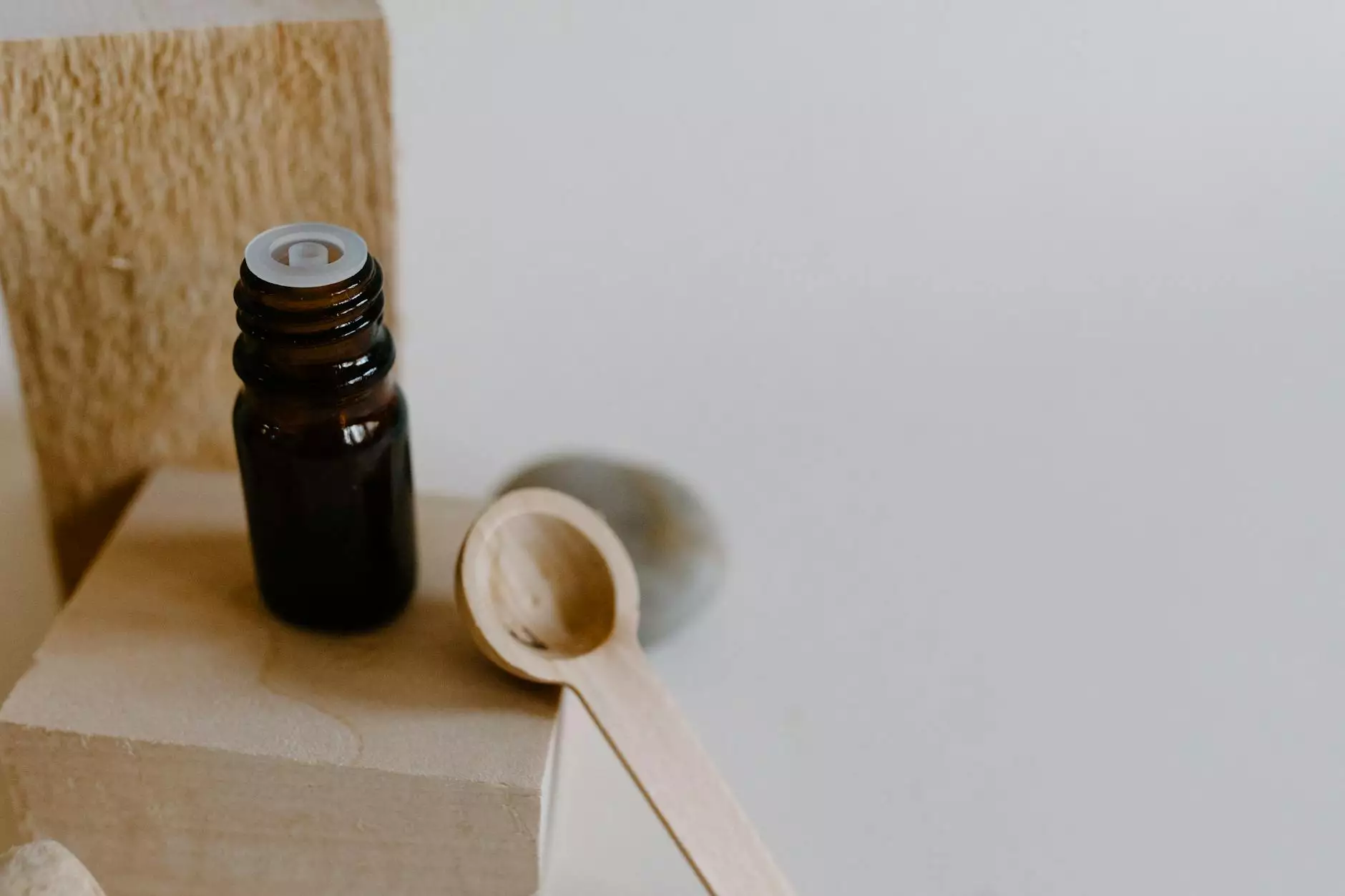Natural Ways to Lower Cholesterol: A Comprehensive Guide

Cholesterol is a waxy substance found in your blood. While your body needs cholesterol to build healthy cells, having high levels of cholesterol can increase your risk of heart disease. Fortunately, there are numerous natural ways to lower cholesterol that can assist you in maintaining a healthy cholesterol level without invasive procedures or medications.
Understanding Cholesterol
Before delving into the methods for lowering cholesterol, it is essential to understand what cholesterol is and the role it plays in your body. Cholesterol comes in two varieties:
- Low-Density Lipoprotein (LDL): Often referred to as "bad cholesterol," high levels of LDL can lead to buildup in the arteries, potentially blocking blood flow.
- High-Density Lipoprotein (HDL): Known as "good cholesterol," HDL helps carry cholesterol away from the arteries and back to the liver, where it can be processed and expelled from the body.
The Importance of Maintaining Healthy Cholesterol Levels
Maintaining healthy cholesterol levels is crucial for numerous reasons:
- Heart Health: Elevated LDL levels are directly linked to heart disease, strokes, and other cardiovascular issues.
- Overall Wellbeing: Proper cholesterol levels contribute to overall health, impacting energy levels and metabolic processes.
- Reduced Risk Factors: Lower cholesterol can decrease the chances of developing serious health conditions later in life.
Natural Ways to Lower Cholesterol
Now that you understand cholesterol's significance, let's explore some effective natural ways to lower cholesterol:
1. Adopt a Heart-Healthy Diet
Your diet plays a pivotal role in managing your cholesterol levels. Here are some dietary changes you can make:
- Increase Fiber Intake: Soluble fiber, found in oats, beans, lentils, fruits, and vegetables, can help lower LDL cholesterol. Aim for at least 25-30 grams of dietary fiber each day.
- Choose Healthy Fats: Replace saturated fats with unsaturated fats. Use oils such as olive oil, canola oil, or avocado oil and eat fatty fish like salmon and mackerel which are high in omega-3 fatty acids.
- Eat More Fruits and Vegetables: Aiming for a colorful plate can improve your overall nutrition and contribute to heart health. Fruits and vegetables contain essential vitamins, antioxidants, and fiber.
- Limit Trans Fats: Found in many fried foods and baked goods, trans fats can significantly increase LDL cholesterol levels. Always check food labels for partially hydrogenated oils.
2. Incorporate Regular Physical Activity
Exercise is another critical component of a healthy lifestyle that can positively impact cholesterol levels:
- Aerobic Exercise: Activities such as walking, jogging, swimming, or cycling can boost the levels of HDL cholesterol while lowering LDL cholesterol. Aim for at least 150 minutes of moderate aerobic activity each week.
- Strength Training: Incorporating weight lifting and resistance training can help build muscle mass, which in turn enhances metabolic health.
- Consistency is Key: Make physical activity a regular part of your daily routine, as consistency is crucial for achieving long-term cholesterol-lowering benefits.
3. Maintain a Healthy Weight
Carrying excess body weight can contribute to high cholesterol levels. Effective weight management can significantly impact your cholesterol:
- Set Realistic Goals: Aim to lose 5-10% of your body weight if you are overweight. This small reduction can help lower your cholesterol levels significantly.
- Portion Control: Be mindful of portion sizes and try to avoid consuming high-calorie foods excessively.
- Balanced Meals: Focus on nutrient-dense foods that are lower in calories but high in essential nutrients.
4. Consider Natural Supplements
Incorporating certain supplements into your routine can assist in maintaining healthy cholesterol levels:
- Omega-3 Fatty Acids: Fish oil supplements can help reduce LDL cholesterol and triglycerides while promoting heart health.
- Plant Sterols and Stanols: These substances help block the absorption of cholesterol in the intestines and can be found in fortified foods or supplements.
- Niacin: Also known as vitamin B3, niacin can help increase levels of HDL cholesterol.
5. Quit Smoking
Smoking has a detrimental effect on your health, contributing to higher levels of LDL cholesterol. Quitting smoking has multiple benefits:
- Improved HDL Levels: Quitting smoking can enhance your level of good cholesterol.
- Better Heart Health: Stopping smoking reduces your risk of heart disease and improves blood circulation.
- Overall Wellbeing: You'll experience a wide range of health improvements and enhanced respiratory function.
6. Manage Stress
Chronic stress might negatively impact your cholesterol levels. Consider these strategies to manage stress effectively:
- Practice Relaxation Techniques: Engage in mindfulness meditation, deep breathing exercises, or yoga to lower stress levels.
- Regular Exercise: Physical activity is an excellent way to relieve stress and can have a positive effect on cholesterol levels.
- Social Support: Surround yourself with supportive friends and family to reduce stress and improve emotional wellbeing.
Conclusion
Lowering cholesterol is essential for maintaining a healthy heart and preventing cardiovascular diseases. By adopting the natural ways to lower cholesterol outlined in this guide, including dietary changes, exercise, weight management, and stress reduction, you can take significant steps toward a healthier lifestyle. Remember that consistency and commitment are key to success.
As you embark on this journey to lower your cholesterol, consider consulting with a healthcare professional for personalized advice. Making these changes can lead not only to improved cholesterol levels but also to a better quality of life. Start today and take control of your heart health!



